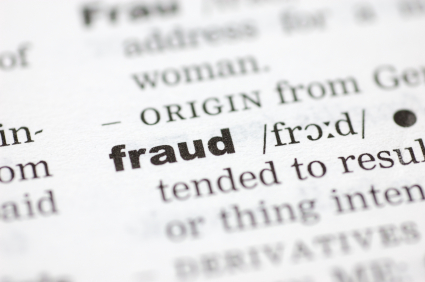AARP Eye Center
AARP Massachusetts brings you news about scams involving summer travel "front-desk" fraud; "brain-boosting" pills; coin scams; fraudulent debt collectors; the dangers of unsecured public wifi; and scammers offering to "help" with applications for Social Security disability benefits. Read more and take heed!

Summer Travel 'Front-Desk' Scams
Planning to travel this summer? Don’t let scammers ruin your vacation. One way thieves are preying on travelers is through front-desk fraud.
How it Works:
Hotel guests receive a call in the middle of the night, supposedly from the front desk. There’s a problem with your payment, the caller says, asking you to confirm your credit card number. Only it’s not hotel staff calling (they’d wait until morning); it’s a scammer using a lobby phone.
What You Should Do:
Never give out your bank or credit card account numbers in unsolicited calls. If you receive such a call, contact the front desk directly.
"Brain-Boosting" Pills with Celebrity Endorsements
Scammers are creating fake websites that look like known and trusted news sites, and include (fake) celebrity endorsements, to sell “brain booster” pills.
How it Works:
Scammers post bogus articles about the pills with endorsements from people like Stephen Hawking and Anderson Cooper (neither has endorsed any such product). The sites then links you to the sales page for the pills where you can place an order with a credit or debit card
What You Should Do:
Don't bite! Scammers claim the pills will lead to an increase in concentration and memory recall, but there is no evidence to support these claims, according to the Federal Trade Commission. Also, it’s always a good idea to consult with your doctor before purchasing any health products.
Fraudulent Debt Collectors
Calls from a debt collector are probably fake if the caller is trying to collect on a loan you don’t recognize, asks you for sensitive information, or uses threats to try to scare you into paying.
How it Works:
Someone calls you, posing as a debt collector from a collection agency. They try to intimidate you and get you to "pay" your debt (which isn't yours at all) by giving a credit card number.
What you Should Do:
Tell the caller you won’t discuss the debt unless you receive a written notice that includes the debt amount, the name of the creditor, and your rights under the federal Fair Debt Collections Practices Act. Never give out or confirm personal financial or other sensitive information unless you know who you’re talking to. If the debt is legitimate, but the collector may be a fake, contact your creditor about the calls.
Coin Scams Emerge During Uncertain Times
Historically, when there’s political or economic uncertainty, scams involving coins tend to appear. Some say it's because during times of upheaval many people view the current financial system, and the governments that oversee it, with mistrust. In a world of complicated and changing investment options, gold, silver, and other "hard assets" are seen as something solid and real, with inherent value that no market crash or federal or state mismanagement can erase.
How it Works:
A caller may try to convince you that buying gold coins is a hot investment and that you can double or triple your money practically overnight. If you take the bait, the caller will send you coins that will be nowhere near the value you paid for them. Once you’re on the hook, they’ll try convincing you to buy more to make a complete a set, saying that you can then turn around and sell the set for a profit -- which is baloney.
What You Should Do:
Don’t buy it. Literally. If you get a call about collecting and buying coins, simply hang up.
Don’t Fall Victim to Tech Support Scams
Tech support scams have lurked online for years. They often come in the guise of a pop-up message on the target’s computer screen, claiming viruses are attacking the device, along with a phone number to call for assistance. The operator then convinces the target to buy hundreds of dollars of tech support services he doesn’t need.
In a more recent twist, scammers cold call targets and claim to be from a major computer company, indicating that a virus or malware has infected the target’s computer.
How it Works:
- The caller convinces the target that his computer is infected and asks for remote access to the device to fix the problem.
- The scammer’s goal is to gain remote access to your device, and once in, claims to find multiple viruses or malware that he can fix for a fee.
- The scammer will ask for a form of payment, usually a credit card or wire transfer.
What You Should Know:
The Federal Trade Commission reports that thousands of people have lost hundreds of dollars to this scam. Last fall, the FTC shut down a business operating as Global Connect for running this scam, but scammers are again using this company name to target victims.
What You Should Do:
- If you get a tech support call out of the blue, hang up.
- Never give control of your computer to someone who calls you.
- Report scams like this to www.ftc.gov/complaint and let others know about it on our scam-tracking map.
























































